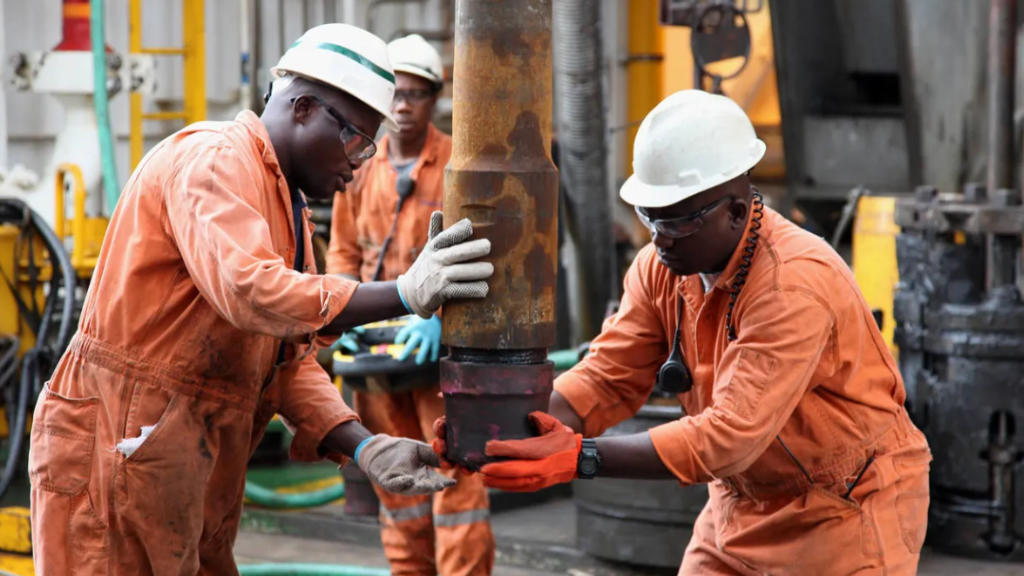Moscow has increased exports of petroleum products to African countries in recent years, despite Western sanctions, Russian Foreign Minister Sergei Lavrov has said. He made the statement in an interview for a documentary project on oil that was published on the Foreign Ministry’s website on March 21.
He said that “We have doubled the export of petroleum products (to Africa) over the past year and a half.” And said that there is “no fear” about upsetting Tehran, which also exports oil to the region and is a close partner with Moscow. Tehran produced 2.99 million barrels of oil per day in 2023, 440,000 more than in the previous year, according to the International Energy Agency (EIA). Lavrov stated that Moscow is not in competition with other top oil-producing and exporting nations.
“Within the framework of OPEC+, of which both Iran and Russia are members, there is a clear understanding of how to negotiate and seek compromises. This scheme has been working for many years. No one is at a loss, no one is offended.” Lavrov said.
Russia sharply increased its energy exports to Asia and Africa last year after the EU, which had accounted for more than 60% of Moscow’s energy exports, stopped accepting the country’s oil transported by sea. China and India have emerged as major buyers of Russian crude after Moscow redirected its cargoes from Europe to the east in response to Western sanctions.
In July 2023, Russian Energy Minister Nikolai Shulginov estimated that Moscow would supply approximately 20 million tons of oil and petroleum products to African countries by the end of 2023.
Earlier this year, Reuters reported that Ghana, Libya, Tunisia, and Togo all posted more than 100% annual growth in Russian oil imports in 2023. Morocco, Senegal, and Nigeria – with the latter being one of Africa’s top oil producers and exporters – all saw significant increases in Russian oil imports last year, according to Kpler data.

 Русский
Русский












